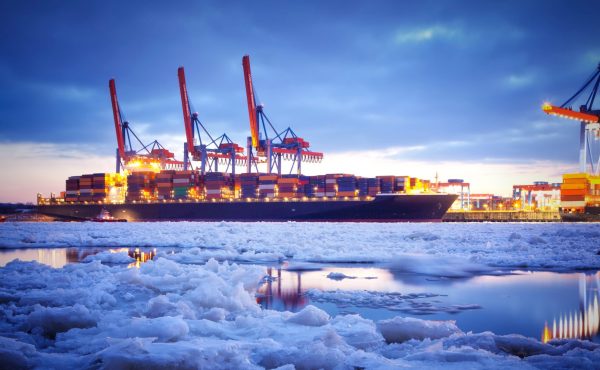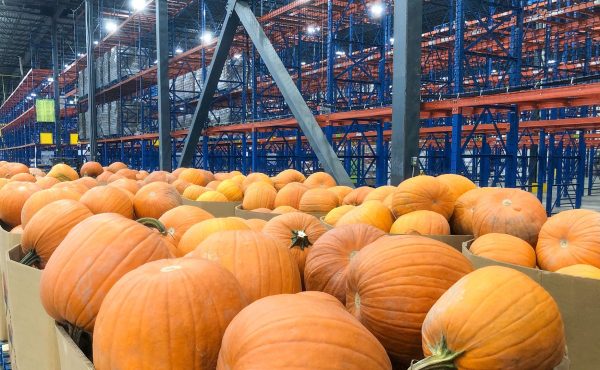The importance of logistics hubs in the Persian Gulf: What logistics in the Middle East looks like
The Persian Gulf has established itself as a key part of the global logistics network, becoming a strategic point for international trade in the Middle East. At the heart of this transformation are logistics hubs, such as Dubai, Abu Dhabi and the port of Jebel Ali in the United Arab Emirates, which act as connecting points between Asia, Europe and Africa. These centers not only facilitate the flow of goods, but also drive the region's economic growth and strengthen its role in the global economy.
A logistics hub is a center specialized in the distribution, storage, management and redirection of goods to their final destination, optimizing time and costs within the supply chain. Functioning as strategic hubs, these centers enable companies to handle high volumes of cargo efficiently and agilely, adapting to global demands.
Thanks to their connections with sea, air and land transport routes, logistics hubs in the Middle East facilitate the consolidation and deconsolidation of goods, reducing transit times and improving product availability in different markets. The following is an analysis of the advantages of these logistics hubs and how they boost business operations in the region.
Advantages of logistics hubs
- Strategic connection between continents: One of the main advantages of the logistics hubs in the Persian Gulf is their privileged geographical location. Located at the intersection of Asia, Africa and Europe, they facilitate trade routes between these continents. Proximity to emerging markets in Asia and Africa allows companies to reduce transit times, logistics costs and risks associated with long sea routes.
- Advanced infrastructure and state-of-the-art technology: The region’s ports, airports and free trade zones are equipped with state-of-the-art infrastructure. The port of Jebel Ali, for example, is the largest container port in the region and one of the ten largest in the world, with direct connections to more than 140 international ports. The airports of Dubai and Doha also lead the way in air cargo, efficiently connecting almost any point on the planet.
- Free trade zones and attractive tax benefits: Free zones in the Persian Gulf, such as the Jebel Ali Free Zone (JAFZA) and the Hamriyah Free Zone, offer tax incentives that make them an attractive magnet for international companies seeking to establish logistics hubs in the region. These zones allow tax exemption on imports and exports, creating a more profitable and competitive business environment for companies operating there.
- Stability and security: Compared to some neighboring regions, the Persian Gulf is considered a relatively stable area, which provides an additional degree of security for companies operating in the region. Efficient customs processes and secure logistics routes help reduce the risk of disruptions in the supply chain, which is vital to the success of logistics operations.
- Commitment to innovation and sustainability: Many logistics hubs in the Persian Gulf are adopting sustainable practices and advanced technology in their operations, driving logistics innovation. This includes the use of renewable energy, energy-efficient technologies and green logistics practices that minimize their impact on the environment, promoting a more sustainable and responsible supply chain.

At Logisber, we help companies optimize their logistics operations, ensuring that their goods reach their destination safely, traceably, efficiently and quickly. Our experience in the Persian Gulf allows us to offer strategic and customized solutions to maximize the success of your operations between Africa, Europe and Asia. If you want your freight forwarding operations to be a success in this key region, contact our team of experts, who will provide you with personalized advice and support you every step of the way.
Categorías
Compartir









